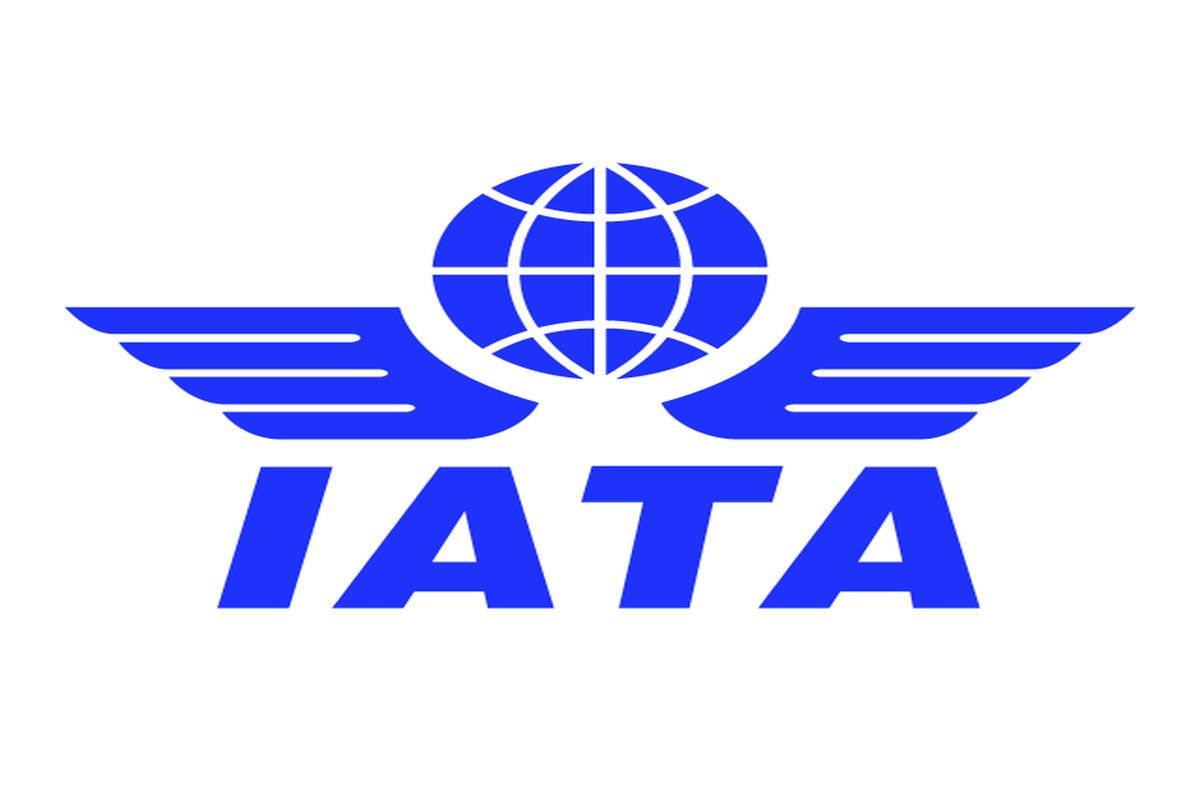Source: IATA
The International Air Transport Association (IATA) successfully brought together more than 400 representatives of the aviation community from across the Americas at its 14th edition of the Wings of Change Americas Conference (WOCA). Under the theme “Advancing Aviation for a Competitive and Sustainable Future”, the two-day event held in Santiago, Chile on 10 and 11 April provided a platform for meaningful discussions and collaboration to shape the future of air transport in the region. For the first time, 16 ministers of tourism from across the Americas attended the event, underlining the important interdependency between tourism and aviation.
In his opening remarks, Peter Cerdá, IATA’s Regional Vice President for the Americas, drew attention to the fact that over 90% of foreign tourists visiting Latin America and the Caribbean arrive by air, thus demonstrating the importance of governments and airlines working collaboratively in furthering the socio-economic contribution across the region. Cerdá also highlighted that traffic had recovered to pre-pandemic levels and that connectivity to/from and across the region was showing further growth. However, profitability for the airlines based in the region remains a challenge and the respective governments need to work with the industry in a collaborative manner on the following topics:
- Lowering taxes, charges, and fees:
Working on reducing the financial burden for airlines and passengers. A fair and balanced fee structure across the region is essential to underpin sustainable growth. - Harmonizing the regulatory environment:
Aligning regulations along global best practices ensures consistency and efficiency. A level playing field needs to be created for airlines across borders and ensure equal treatment of aviation versus other players in the transportation sector. - Infrastructure adequacy:
Airport and air traffic management infrastructure must keep pace with future growth. Passenger needs should be at the forefront of investments in airports. - Sustainability:
Governments must implement supportive sustainable aviation fuel (SAF) policies, and the private sector must also invest in SAF production and other innovations to support the industry’s net zero CO2 emission goals.
The Chilean authorities used the occasion to launch their roadmap for the development of SAF in the country, which is based on a public-private partnership under the “Vuelo Limpio” program, aimed at achieving 50% SAF use by 2050.
One of the panels focused on attracting new talent to the aviation industry, including the role that diversity and inclusion plays in this task. As part of this, Chile’s Civil Aviation Authority (DGAC) signed up to IATA’s 25by2025global initiative which aims to enhance diversity, equity and inclusion (DE&I) in the aviation industry.
This year’s event also allowed the participants to take a deeper dive into the topics of Modern Airline Retailing, Regulatory landscape or Sustainability, with three parallel tracks being offered for this first time as part of the agenda.
“The key takeaway from the conference is very clear: collaboration. By working together we can overcome challenges, drive innovation, and create a more resilient and sustainable aviation value chain across the Americas”, said Cerdá.

